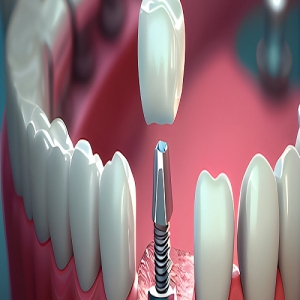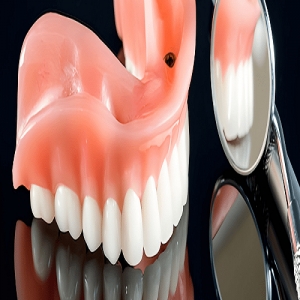Dental Implant Surgery

Dental Implant Surgery
Dental implant surgery is a dental procedure performed to replace missing teeth with artificial tooth roots made of biocompatible materials, typically titanium. These implants are surgically placed into the jawbone beneath the gum line, where they fuse with the surrounding bone in a process called osseointegration. Once integrated, dental implants provide a stable foundation for attaching artificial teeth, such as crowns, bridges, or dentures, to restore the function and aesthetics of the smile.
Here's an overview of the dental implant surgery process:
-
Consultation and Planning: Before the surgery, the patient undergoes a comprehensive dental examination, including X-rays and possibly CT scans, to assess the bone density and overall oral health. The dentist or oral surgeon develops a customized treatment plan based on the patient's specific needs and treatment goals.
-
Implant Placement: The dental implant surgery is typically performed under local anesthesia or sedation to ensure the patient's comfort. During the procedure, an incision is made in the gum tissue to expose the jawbone, and a small hole is drilled into the bone where the implant will be placed. The implant is then carefully inserted into the bone and positioned for optimal stability and alignment.
-
Osseointegration: After the implant is placed, the surrounding bone tissue is allowed to heal and fuse with the implant over a period of several months. This process, known as osseointegration, provides a strong and durable bond between the implant and the jawbone, mimicking the natural tooth root.
-
Abutment Placement: Once osseointegration is complete, a minor surgical procedure may be performed to expose the top of the implant and attach an abutment. The abutment serves as a connector between the implant and the artificial tooth or restoration that will be placed on top of it.
-
Restoration: After the gums have healed around the abutment, impressions of the mouth are taken to create custom-made artificial teeth or restorations that will be attached to the implants. These restorations are designed to closely match the color, shape, and size of the natural teeth for a seamless and natural-looking smile.
-
Follow-Up Care: Following the placement of the implant restoration, patients are advised to maintain good oral hygiene habits, including brushing, flossing, and regular dental check-ups, to ensure the long-term success and stability of the dental implants.
Dental implant surgery offers several advantages over traditional tooth replacement options, including improved stability, longevity, and preservation of bone structure. With proper care and maintenance, dental implants can provide a permanent solution for replacing missing teeth and restoring oral function and aesthetics. It's essential to consult with a qualified dentist or oral surgeon to determine if dental implant surgery is the right option for your specific needs and to discuss the potential risks and benefits associated with the procedure.
Send Enquiry





